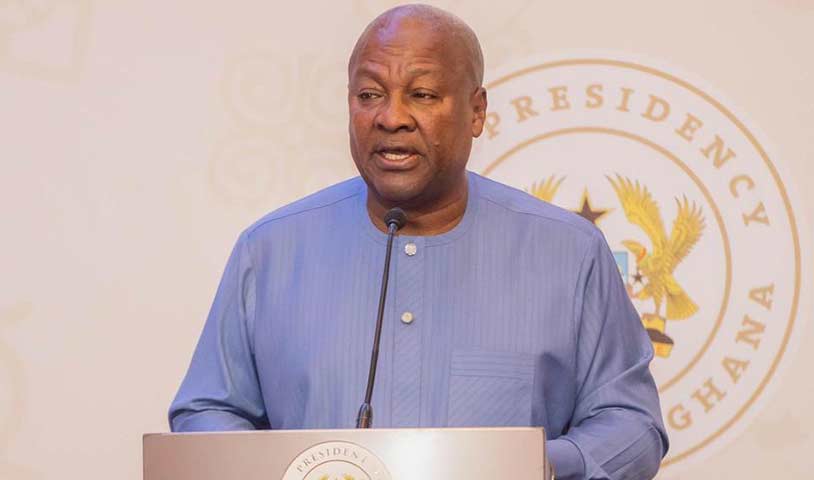As Ghana Leads West Africa Single Currency Race
In a quiet but telling milestone, Ghana has achieved full convergence with the Economic Community of West African States’ (ECOWAS) criteria for adopting the single currency, the eco, by the third quarter of 2025 less than a year into President John Dramani Mahama’s administration.
The feat, downplayed in official channels, underscores the government’s aggressive stabilisation drive, slashing inherited inflation from 23% to 8% and restoring fiscal buffers, though sceptics question its sustainability amid volatile commodity prices and lingering debt overhangs.
The turnaround is stark. Upon Mahama’s January inauguration, Ghana’s economy teetered on the brink: hyperinflation, a fiscal deficit ballooning beyond 7% of GDP, and a cedi depreciating to near GHS 17 per dollar, earning junk status from all major rating agencies.
By Q3, the administration had engineered single-digit inflation comfortably below ECOWAS’s 10% ceiling while capping the budget deficit at 2.8% of GDP, surpassing the 3% target. Gross external reserves now cover 4.8 months of imports, exceeding the three-month threshold, and central bank financing of the deficit stands at zero, well under the 10% limit.
Public debt-to-GDP has plunged to 43.8% by June, far from the 70% benchmark, with IMF projections eyeing 59-60% by year-end post-restructuring.
This positions Ghana as the sole ECOWAS member out of 15 core states, excluding the suspended Niger, Burkina Faso, and Mali to meet virtually all primary criteria, a sharp reversal from the region’s stalled eco ambitions.
The West African Monetary Zone’s launch, originally slated for 2000 and repeatedly delayed, has been mired in fiscal indiscipline and political divergences; only Nigeria and Côte d’Ivoire occasionally flirt with partial compliance.
Ghana’s compliance, sources in the government note, bolsters Mahama’s “Reset Agenda” narrative, aligning with his 2026 budget emphasis on regional integration to hedge against dollar dependency.
Credit markets have responded: Fitch upgraded Ghana to B- (stable) in June, followed by Moody’s to Caa1 (stable) and S&P to B- (stable) in November, praising debt restructuring and discipline.
The cedi’s rebound to GHS 10.8 per dollar from December 2024’s nadir reflects reserve build-up and export gains, though forex pressures persist from cocoa volatility and illicit outflows.
ECOWAS officials, speaking off-record, view Ghana’s progress as a potential catalyst for reviving the eco, but caution that without peer buy-in particularly from Nigeria’s oil-driven economy the project remains aspirational.
For Mahama, the achievement burnishes his economic credentials ahead of mid-term scrutiny, yet it masks challenges: domestic revenue shortfalls and subsidy strains could test convergence if global shocks hit.
As the only compliant state, Ghana may push for leadership in eco governance, but regional diplomats whisper of quiet jostling, with francophone members wary of Anglophone dominance.
The eco’s viability hinges on such dynamics Ghana’s solo sprint may inspire, but without a pack, it’s running in place.


